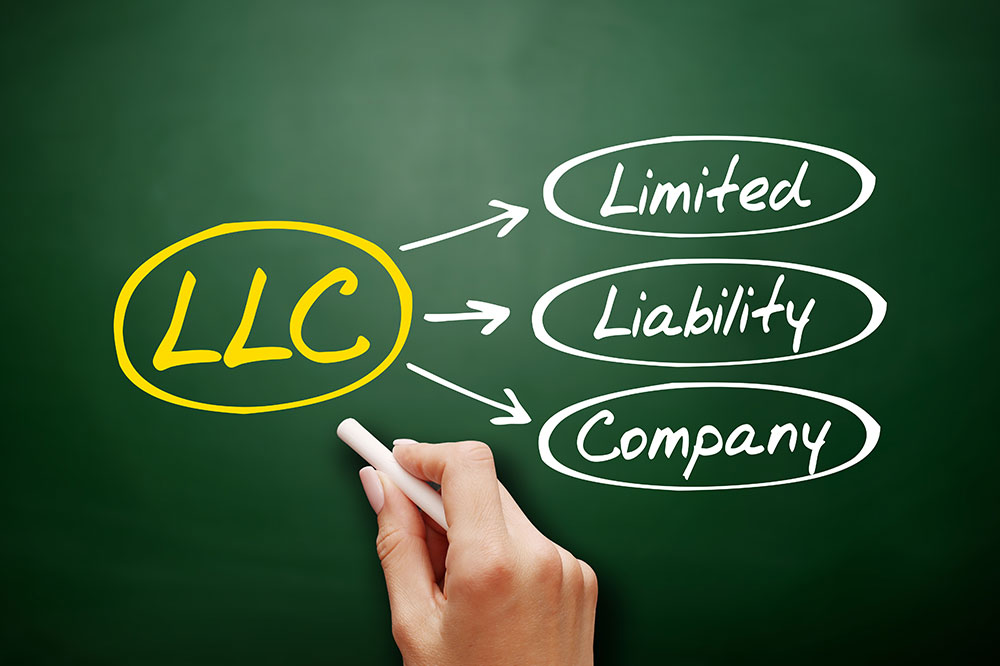Frequently asked questions about LLCs answered
A Limited Liability Company (LLC) is a business model that protects its owner from personal responsibility for the debts or liabilities they owe. Companies that fall under it are hybrid entities that have the characteristics of a corporation combined with those of a partnership or sole proprietorship. LLCs don’t pay taxes on the profits they earn directly. Any losses or profits and losses incurred are passed through to members to report on their tax returns.

Here are some of the most frequently asked questions about LLCs:
How do business LLCs work?
Business LLCs is a hybrid model that combines the characteristics of corporations with partnerships and sole proprietorship. Business LLC models are very similar to those used in corporations. The only difference is that the availability of flow-through taxation to the members is much like that of a partnership. This means that the company does not pay taxes based on its direct profits or losses. Instead, these losses and gains are passed through to different members of the LLC, who report these when filing individual tax returns.
Who can join a business LLC?
Any individual who wants to be a part of an LLC can join one. This includes individuals, corporations, foreigners, foreign corporations or entities, and even other LLCs. The only entities that cannot be a part of an LLC are banks and insurance companies.
Can you open an LLC anywhere?
Yes. Individuals are free to open an LLC in any state in the country. There are very few states that have certain restrictions on opening an LLC. Note that the regulations and guidelines set to open and run a business LLCs can vary from state to state.
How do you form an LLC?
The requirements to open an LLC can vary from state to state. But there are a few steps that are the same throughout the country. One of the first things that owners or members of an LLC need to do is pick a name for the LLC. The next step is documenting and filing the Articles of Organization. The Articles of Organization helps establish the rights, powers, and duties of different members of the LLC. This documentation includes the names of the members, their registered addresses, as well as the agent who is registered to the LLC. The members need to pay a fee while filing the paperwork. The papers have to be submitted to the federal organization, after which they will obtain an employer identification number (EIN).
What are the advantages of LLCs?
There are many advantages to opt for an LLC business model. Some of these are mention below:
Flexibility
Business LLCs have the option to choose between different tax treatment. They can pick from tax structures of sole proprietorships, partnerships, S corporations, and C corporations. LLC is also more flexible when it comes to management structures.
Protection
Another great advantage of using the LLC business model is the protection that it offers. It protects the members and entities from the operations as well as the debts of the business.
What are the disadvantages of business LLCs?
There are also certain disadvantages of an LLC business model. They include the following:
Regulations
LLCs are governed by state laws, which means that the regulations and laws applicable can vary based on different scenarios.
Fees
Many states demand an annual fee as well as self-employment taxes.




